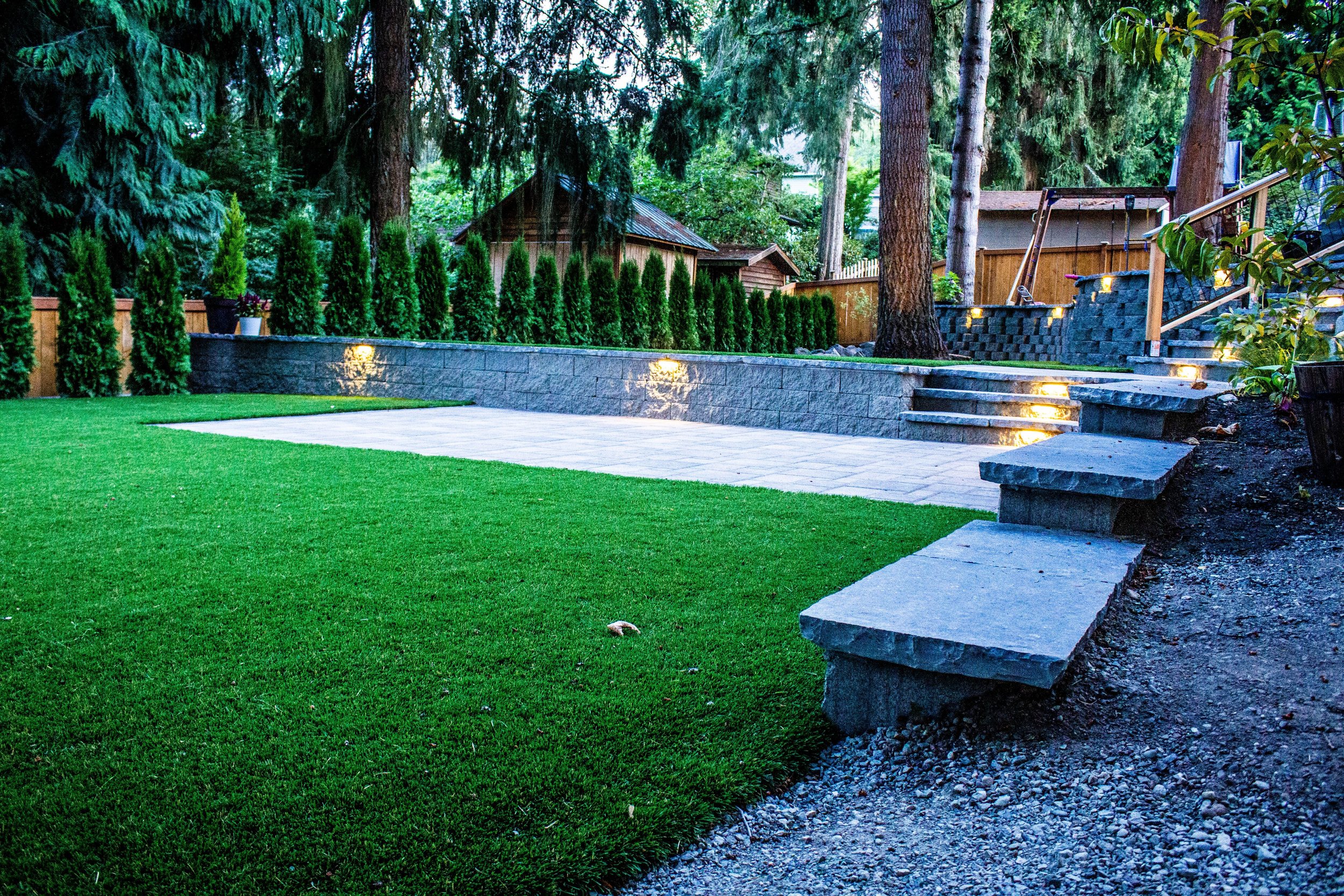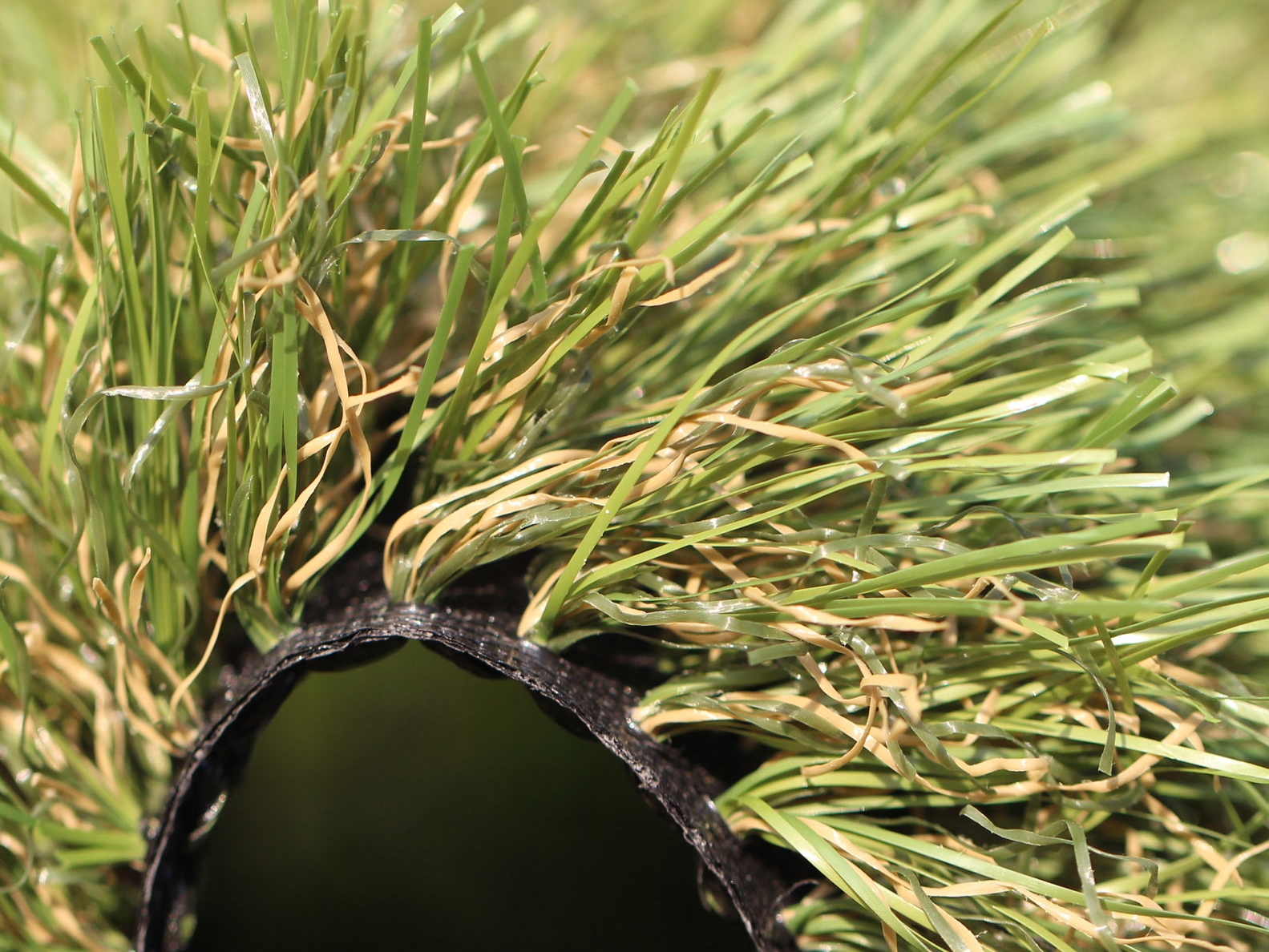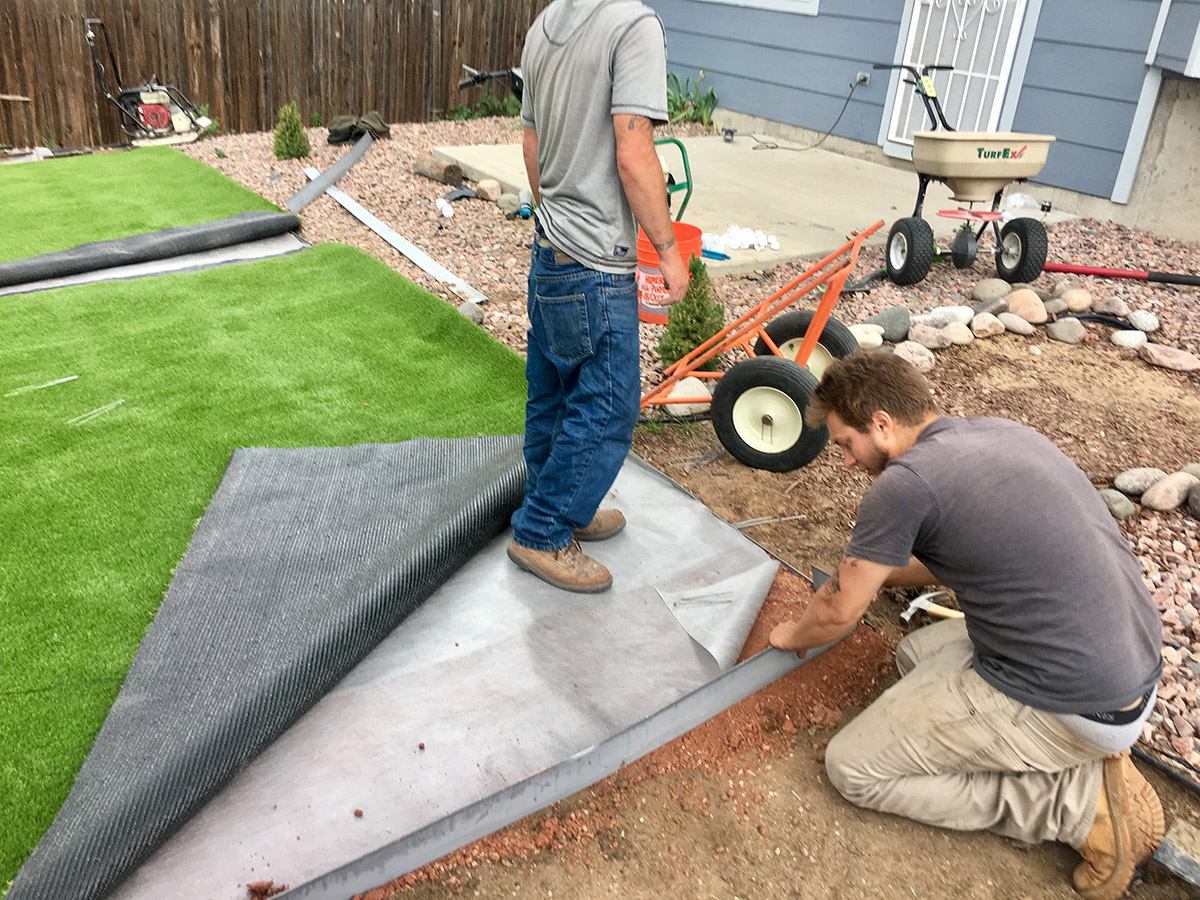See Why Homeowners Prefer Artificial Turf for Lasting Landscape Design Practices
As home owners significantly prioritize sustainability in landscaping, synthetic grass has actually emerged as an engaging option to traditional lawn. What continues to be to be explored is the full scope of benefits that synthetic lawn can provide to home owners and the setting alike.
Water Preservation Conveniences
Among one of the most considerable benefits of synthetic grass is its role in water preservation. Traditional grass lawns require significant quantities of water to maintain their lavish appearance, frequently leading to overuse of regional water resources, particularly in arid areas. In contrast, fabricated turf removes this need totally, as it does not require watering. This not just preserves water however likewise decreases the strain on local water systems, specifically during drought problems.
In addition, the installation of man-made grass can add to a more lasting landscape. House owners can dramatically decrease their water bills, enabling reallocation of sources to other environmental initiatives or household uses. Additionally, synthetic grass is made to endure numerous climatic conditions without the requirement for supplementary watering, making it an optimal selection for areas dealing with water deficiency.
The ecological benefits prolong beyond prompt water cost savings. By lowering water intake, synthetic grass helps to minimize the effects of climate adjustment, protecting important ecological communities that are threatened by extreme water removal. As lasting landscaping techniques get traction, synthetic grass becomes a liable choice for home owners seeking to produce environmentally friendly outdoor spaces.
Decreased Upkeep Efforts
Synthetic grass dramatically reduces maintenance efforts compared to conventional turf yards. With synthetic yard, home owners can get rid of the lengthy jobs related to all-natural landscaping, such as mowing, fertilizing, and weeding. This not only conserves important time but likewise lowers physical labor, making lawn treatment accessible for individuals of every ages.
Among the most notable benefits is the lack of regular mowing. Standard yards require constant trimming to maintain a visually pleasing elevation, whereas synthetic grass remains continually lavish without the demand for reducing. Furthermore, house owners no more need to use chemicals or plant foods, which are typically called for to keep all-natural grass healthy. This shift not only lightens the work but likewise advertises a neater, extra uniform appearance year-round.
Moreover, synthetic grass is resistant and resilient, needing very little maintenance beyond occasional cleaning and washing to remove debris. This ease of maintenance permits house owners to appreciate their outdoor areas without the constant concern of upkeep, offering even more time for recreation and household activities. Inevitably, the lowered upkeep efforts connected with synthetic grass make it an appealing alternative for those seeking a low-maintenance, visually appealing landscape.

Ecological Impact Decrease
There is a growing acknowledgment of the ecological advantages related to synthetic grass, particularly in terms of water conservation and lowered chemical use. Traditional grass call for considerable quantities of water, specifically in drought-prone regions, resulting in raised strain on local water resources. In comparison, man-made turf removes the need for irrigation, drastically reducing water consumption and promoting sustainability.
In addition, standard yard upkeep commonly involves the application of plant foods, herbicides, and chemicals, which can contribute to soil and water contamination. Synthetic grass alleviates this ecological hazard by requiring minimal upkeep and essentially removing the demand for hazardous chemicals. This not only boosts dirt health and wellness yet also secures neighborhood ecological communities from harmful runoff.
Additionally, the manufacturing of all-natural grass lawns commonly involves using fossil gas for mowing and landscaping devices, more adding to greenhouse gas emissions. By selecting artificial grass, homeowners can substantially decrease their carbon impact related to yard treatment tasks.
Aesthetic Appeal and Convenience
Along with its environmental benefits, artificial lawn provides substantial visual appeal and convenience for landscaping. Homeowners can accomplish a rich, environment-friendly appearance year-round, getting rid of the seasonal changes generally related to all-natural grass. This consistent aesthetic not only boosts the visual allure of a residential or commercial property however additionally contributes to a over here polished and well-kept appearance.
Furthermore, synthetic grass is readily available in a variety of colors, appearances, and designs, allowing for modification to fit private preferences and layout themes - Arizona turf. Whether utilized in property yards, industrial spaces, or recreational areas, it can seamlessly incorporate right into diverse landscaping layouts, from modern-day minimalist to lush tropical setups
The convenience of synthetic grass prolongs beyond mere appearance; it can be mounted in numerous places, consisting of roofs, outdoor patios, and even interior areas, developing chances for one-of-a-kind landscape design remedies. Furthermore, it more helpful hints appropriates for a variety of activities, from children's backyard to pet-friendly environments, providing capability without endangering style.
Ultimately, the visual allure and flexibility of synthetic grass make it an eye-catching alternative for property owners seeking sustainable landscaping solutions that do not give up appeal for ecological obligation.

Long-Term Price Savings
One of one of the most compelling benefits of synthetic grass is its capacity for lasting price savings. Unlike natural turf, which calls for normal upkeep-- consisting of mowing, watering, fertilizing, and parasite control-- synthetic grass substantially minimizes these ongoing expenses. Property owners can conserve a substantial quantity on water expenses, particularly in regions where water deficiency is a pressing issue. The elimination of lawn care solutions further contributes to economic cost savings, as there is no need for specific tools or labor.
Furthermore, artificial grass has a lifespan of 15 to 25 years, depending upon its top quality and usage. This resilience decreases replacement costs, making it an extra affordable choice in the future. Additionally, the initial investment in fabricated turf can typically be redeemed through the savings accumulated gradually.
While the in advance expense might appear higher contrasted to sod installation, the cumulative cost savings from decreased upkeep and water usage frequently outweigh these initial expenses. Eventually, the fostering of man-made grass not only advertises a sustainable landscaping remedy yet likewise uses house owners an economically smart option that aligns with long-term budgeting objectives.
Verdict
Man-made lawn arises as a compelling option for sustainable landscape design, offering substantial benefits in water conservation, reduced upkeep initiatives, and decreased ecological effect. As neighborhoods increasingly focus on environmentally friendly methods, the fostering of man-made lawn stands for a dynamic action towards accomplishing lasting and durable landscapes.
Furthermore, synthetic grass is developed to stand up to different climatic problems without the demand for extra watering, making it an optimal choice for areas facing water shortage. (Turf installation phoenix az)

Synthetic turf arises as an engaging option for lasting landscaping, offering substantial benefits in water conservation, reduced upkeep efforts, and lessened environmental impact.